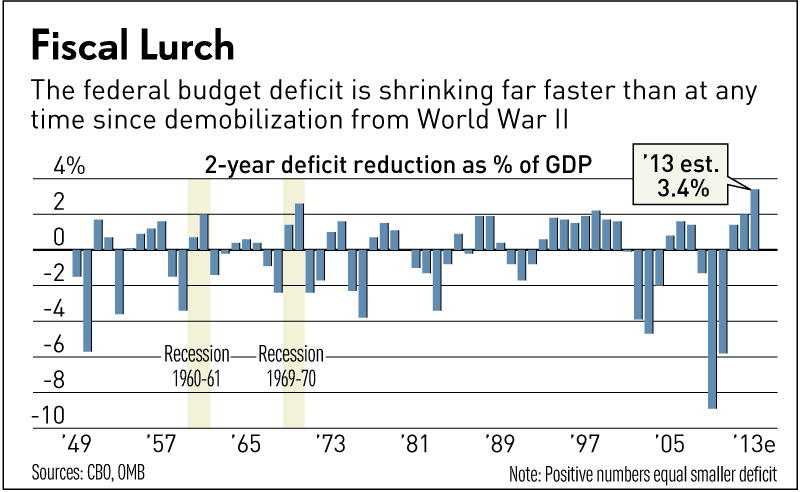Cross posted from The Stars Hollow Gazette
Barack Obama’s presidential legacy will most likely be that he was the Great Prevaricator. His plan has always been to protect the 1% and sell out the rest of us. So far he succeeded quite nicely, with just a few minor bumps in the road that were possibly preplanned.
Two important points that Jane Hamsher and Jon Walker at FDL Action makes about Barack Obama, that even Marcos Moulitsas gets wrong, is:
1st, Ms. Hamshire writes that Pres. Obama did not capitulate on Social Security cuts and we should stop pretending that he did:
Everywhere you look, the media narrative is that President Obama is “capitulating” to Republicans by agreeing to cuts in Social Security benefits.
And I have to ask, where is this collective political amnesia coming from?
Obama has made a deliberate and concerted effort to cut Social Security benefits since the time he took office. FDL reported on February 12, 2009 that the White House was meeting behind closed doors to consider ways to cut Social Security benefits, and that the framework they were using was the Diamond-Orszag plan, which was co-authored by OMB Director Peter Orszag when he was at the Brookings Institute.
The birth of the now-ubiquitous “catfood” meme came on February 18, 2009 with this FDL headline:
Hedge Fund Billionaire Pete Peterson Key Speaker At Obama “Fiscal Responsibility Summit,” Will Tell Us All Why Little Old Ladies Must Eat Cat Food
[..]
The administration backed off its immediate plans for reforming Social Security. The New York Times reported that they were “running into opposition from his party’s left” who are “vehement in opposing any reductions in scheduled benefits for future retirees.” But NYT columnist David Brooks reported that shortly after the summit, “four senior members of the administration” called him to say that Obama “is extremely committed to entitlement reform and is plotting politically feasible ways to reduce Social Security.” [..]
In January of 2010, a bill sponsored by committed Social Security slashers Judd Gregg and Kent Conrad which would have created an official commission to make recommendations about the nation’s deficit was defeated by the Senate on a bipartisan vote – 22 Democrats and 24 Republicans voted no.
After the Senate defeat, on February 18, President Obama issued an executive order creating what subsequently became known as the “Catfood Commission” anyway. [..]
The composition of the Commission was conveniently stacked with 14 of the 18 members committed deficit hawks looking to start balancing the federal budget on the backs of old people.
And who supplied the staff to the commission? Why, Pete Peterson.
Are we to believe that the President was blissfully ignorant of the agendas of the people he appointed to this commission, created with the goal of bypassing Congressional process? [..]
The President has been very forthcoming about the fact that cutting Social Security benefits is something he wants to do. When he said during the debate that he didn’t differ from Mitt Romney on entitlement reform, he meant it. It’s time for people to remove the rose-colored glasses and stop projecting their own feelings on to the man. It’s time to take him at his word.
This is what he has always wanted. Ignore it if you choose but the facts and Obama’s actions and words bear it out.
2nd, John Walker points out that Pres. Obama lied about not raising taxes on the middle class. By using the chained CPI, a lower measure of inflation, no only are SS benefits cut, it winds up being it would end up being a significant tax increase on the middle class by causing tax brackets to raise more slowly. While the tax increase would be very small at first, over the next decade it would mean the middle class will pay ten of billions more in taxes. John calls this the “Lie of the Year”
For five years Obama repeatedly and unequivocal promised not the raise taxes by one penny on anyone making less than $250,000. He did so in ads, campaign stops, emails, and interviews. There is probably no other single policy proposal that was more central to both of Obama’s presidential campaigns. Millions likely voted for Obama based on this firm promise.
Yet even before Obama’s second term begins, he has rushed to break this campaign promise. [..]
Obama was not forced by some extraordinary unforeseen event to accept this tax increase. Obama include this middle class tax increase in his counter offer. Obama didn’t need to do this, he chose to do it.
Right after Obama was re-elected, based on a promise not to raise taxes on the middle class, his first major action was to push for a middle class tax increase. This is a pathological level of dishonesty. The only thing more disturbing is the weak shoulder-shrugging response by most of the media to such a profound act of deception.
So whether the Bush tax cuts expire on Dec 31 or the rate of inflation is calculated by the chained CPI, middle class taxes are going up and SS recipients will be eating cat food.
There are those of us who knew this all along but everyone was focused on the prospects of a Democratic resurgence that would govern from the left. They were blinded by the bright shiny object that was this man who gave a great speech and had an attractive family. But he came from the roots of Chicago Democratic politics and had an agenda that really wasn’t so hidden. He just lied and everyone believed him even though the facts were right in front of them that Pres. Obama is a right wing, corporatist, Republican and has been flat out lying to us all.



